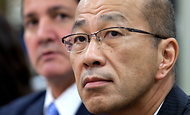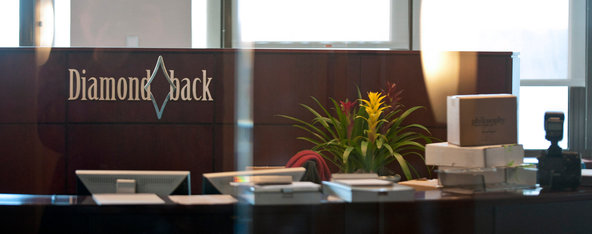The stock market edged higher on Monday, although disappointing McDonald’s earnings kept the Dow Jones industrial average from making any significant gains.
Banks and health shares were the day’s best performers; financial stocks advanced for the 10th time in the last 12 sessions. Bank of America led the group, while the American-listed shares of UBS rose 60 cents, or 3.22 percent, to $19.24, after the Swiss bank’s second-quarter profit exceeded forecasts.
Analysts said the market would probably trend higher in the absence of any weak economic news, but it would need strong earnings and positive forecasts to post large gains.
“Most earnings have been good, maybe not great but good, and as a consequence I think investors continue to show that equities is the asset class of choice for them right now,” said Richard Meckler, president of LibertyView Capital Management.
Weaker-than-expected results from the fast-food company McDonald’s weighed on the Dow after it said its full-year results would be “challenged” by falling sales in Europe. McDonald’s shares lost $2.69, or 2.68 percent, to $97.58.
The Dow Jones industrial average gained 1.81 points, or 0.01 percent, to 15,545.55.
The Standard Poor’s 500-stock index reached another nominal closing record high, rising 3.44 points, or 0.2 percent, to 1,695.53.
The Nasdaq composite index added 12.77 points, or 0.36 percent, to 3,600.39.
The S. P. 500 has advanced nearly 19 percent so far this year.
Nearly one-third of S. P. 500 companies are expected to report earnings this week, including Apple on Tuesday. Of the 109 companies in the S. P. 500 that have reported earnings for the quarter, 64.2 percent have exceeded analysts’ expectations, while fewer than half have topped revenue estimates.
In the bond market, interest rates were stable. The price of the Treasury’s 10-year note was unchanged at 93 21/32, while its yield remained at 2.48 percent.

Article source: http://www.nytimes.com/2013/07/23/business/daily-stock-market-activity.html?partner=rss&emc=rss

